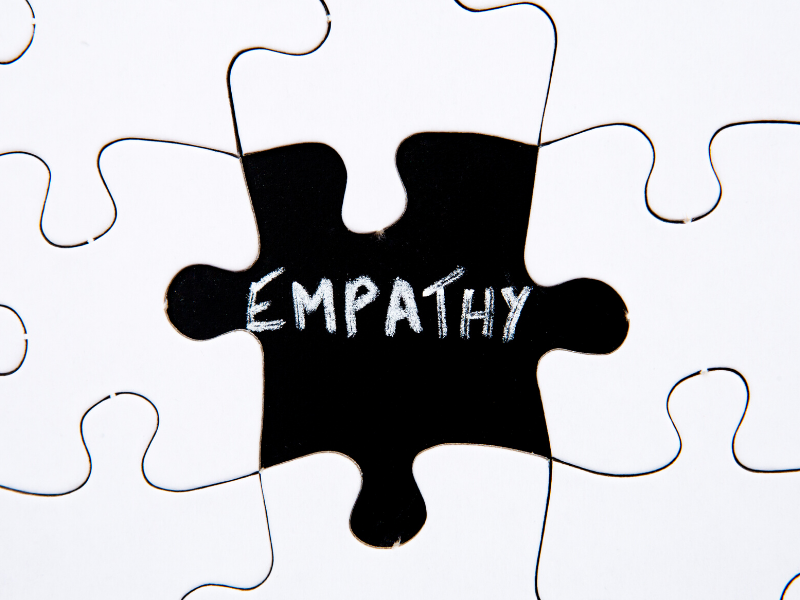In the midst of our busy lives, finding time to get enough sleep is a challenge. Our days and nights are jam-packed with not only our own schedules, but with the agendas of our family and friends. Our digital world – now available 24/7 – has resulted in an extended work day and a later bedtime. We live in a “round-the-clock” society; sleep seems to be the first thing to go and is often the last thing on our minds.
Losing an hour or two of sleep might not seem like a big deal at the time, but a lack of sleep can have serious effects on our health and can speed up aging, as well. We need more hours of sleep when we are young, and fewer hours as we age. Even so, The Sleep Foundation finds that healthy adults need seven to eight hours of sleep every night.
Despite this modest sleep requirement, many of us have sleep debt. This debt is the accumulated amount of sleep lost to poor sleeping habits, sickness, waking up in the night and environmental causes. When we are younger, we can flex our nightly sleep pattern with little consequence because our bodies are able to “make up” the hours with long weekend slumber. So long as we average out our sleep over a week or so, we can handle wide variations in our nightly respite in our youth.
As we age, we lose our ability to flex and compensate for these variations. Consequently, our nightly sleep becomes significantly more important. People who have sleep debt are often unaware of it and may be suffering the ill effects arising out of this newly described phenomenon.
A first-of-its-kind study commissioned by Estee Lauder found that poor sleepers had increased signs of skin aging. It involved 60 premenopausal women ages 30 to 49, with half of them falling into the “poor sleeper” category – meaning a person who has high sleep debt. Primary Investigator Elma Baron, MD, presented the data at the International Investigative Dermatology Meeting held Spring 2013 in Edinburgh, Scotland, in an abstract titled ”Effects of Sleep Quality on Skin Aging and Function.”
“Our study is the first to conclusively demonstrate that inadequate sleep is correlated with reduced skin health and accelerating skin aging. Sleep deprived women show signs of premature skin aging and a decrease in their skin’s ability to recover after sun exposure,” said Dr. Baron, director of the skin study center at UH Case Medical Center and associate professor of dermatology at Case Western Reserve University School of Medicine. “Insufficient sleep has become a worldwide epidemic. While chronic sleep deprivation has been linked to medical problems such as obesity, diabetes, cancer and immune deficiency, its effects on skin function have previously been unknown.”
The study found that poor-quality sleepers had increased signs of fine lines, uneven pigmentation, reduced elasticity and slackening skin, while the good-quality sleepers had a 30% higher skin recovery time to skin stressors such as sun.
We seem to look at sleep as the first thing to go when there is not enough time in the day. But, perhaps we should be rethinking and reprioritizing our views on this subject. We know a lack of sleep can affect our health in negative ways such as leading to heart disease, diabetes, stroke and weight gain and now premature aging!
So, if you find yourself wishing for more youthful looking skin, getting more sleep is an investment that will absolutely pay off. A good night’s sleep is an easy price to pay for younger looking skin and may indeed be priceless.
Elizabeth Vanderveer, M.D., is a board-certified internist and president/medical director at Vanderveer Center. A Native Oregonian, she is a fourth-generation doctor who has dedicated her practice exclusively to aesthetics for many years and specializes in nonsurgical cosmetic medicine.




